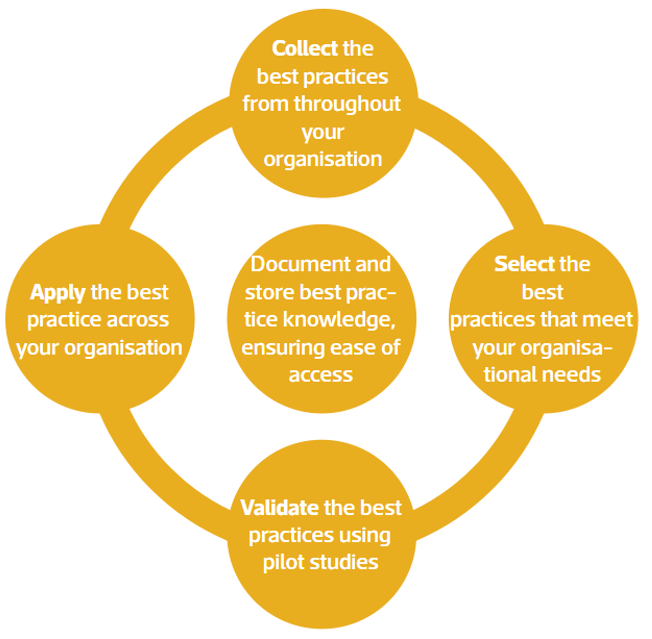Organisations exist because people working together can achieve more than working alone. As they become larger and more complex it is possible to stay within your own team or department and lose sight of how all the different parts of the organisation are interlinked and intertwined and collectively achieve great results. Working for any large organisation, in a paid or unpaid capacity, provides opportunities to gain insight into the connections that exist and how they are facilitated or impeded. Consider ways in which you may look outside the team or teams you are currently engaged with and seek opportunities for collaboration.
Collaboration with other teams and departments also brings challenges and these should not be ignored:
- Sometimes departments are not always starting from the same place; a flexible approach that is aware of local issues in different departments is needed
- Decision making can become more complex and so clear communication methods are essential
- Conflicting objectives between departments can create friction
- A perception may exist that each department is different, so seeking common ground may at first be difficult
We often hear about ‘best practice’. Essentially it means looking outside your own team, department, organisation or sector for ideas and inspiration. Once identified, best practice needs to be shared and doing so needs a systematic approach.
What is the Best Way to share Best Practice?

Collecting and storing examples of best practice is an important way of improving your understanding of the context in which you want to develop your leadership capability. As more and more jobs are created for knowledge workers, how organisations manage the knowledge they have is increasingly important. Being aware of the trends in knowledge management in your sector will help you gain additional insight into the workings of your organisation, the leadership capability that is required beyond your immediate team and how important managing knowledge is to the continued success of the organisation.
Types of Knowledge
There are many types of knowledge within an organisation, but the knowledge that matters and requires managing could be:
- Commercial Knowledge: Knowledge that organisations can gain a commercial benet from, e.g. a consultancy practice will trade on its knowledge
- Practical Knowledge: Knowledge that is specific to a product or service, e.g. an engineering after sales service on products
- Business-related Knowledge: Knowledge of the industry your organisation operates in, e.g. if your organisation is represented by an industry body
- Market Intelligence Knowledge: Knowledge of what is happening in your sector, e.g. marketing data supplied to your organisation
- Accumulated Knowledge: This is the informal knowledge that colleagues have collected whilst working at the organisation, e.g. colleague’s knowledge of people within the organisation
How can I Manage this Sharing of Knowledge?
Three factors that will impact your approach to knowledge management:
- What knowledge matters to your organisation?
- How is this knowledge made available via formal and informal communication?
- How do you motivate colleagues to share knowledge to benefit themselves and the organisation?

